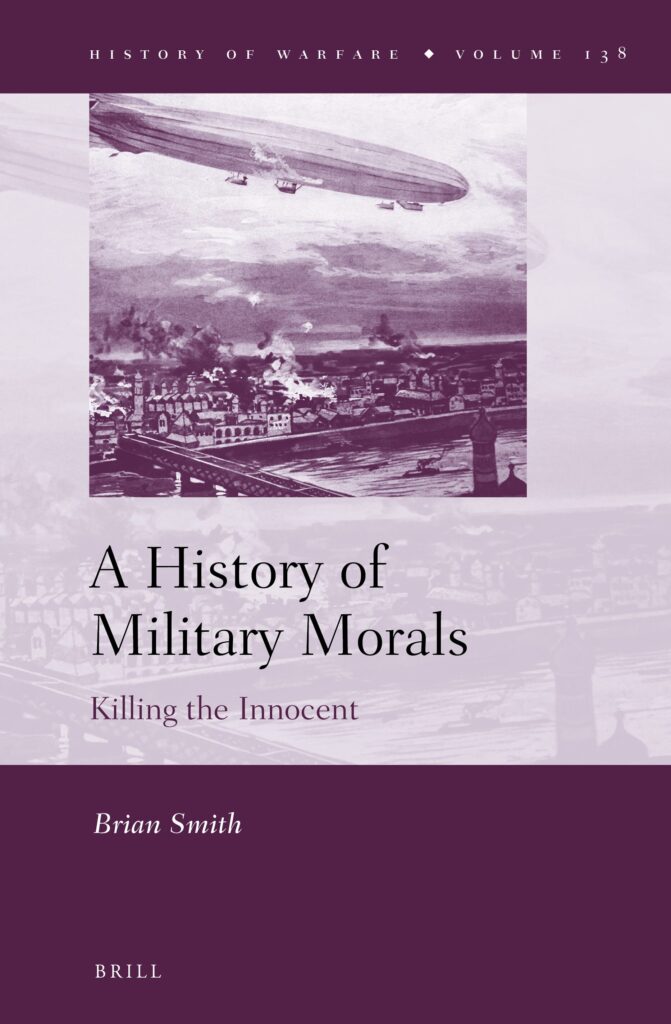This content introduces the topic of the role of restraint in Just War Theory, specifically in the context of defensive warfare. Just War Theory is a set of principles that guides the ethical considerations of warfare, including when it is morally justifiable to go to war and how warfare should be conducted. The concept of restraint is crucial in defensive warfare, as it involves limiting the use of force to what is necessary and proportionate for self-defense, minimizing harm to civilians, and respecting moral and legal principles. The principles of just cause, necessity and proportionality, noncombatant immunity, and adherence to moral and legal principles are discussed. Restraint also plays a role in post-conflict reconciliation and the pursuit of lasting peace. Overall, applying restraint in defensive warfare is essential for creating a more just and peaceful world.
The Role of Restraint in Just War Theory: Ethical Considerations in Defensive Warfare
Introduction
Just War Theory is a set of principles that guide the ethical considerations of warfare. It seeks to provide guidelines for determining when it is morally justifiable to go to war, as well as how warfare should be conducted.
One crucial aspect of Just War Theory is the concept of restraint, particularly in defensive warfare. Restraint refers to the idea of limiting the use of force to what is necessary and proportionate to the goal of self-defense, minimizing harm to civilians, and respecting moral and legal principles.
The Principle of Just Cause
The principle of just cause is a fundamental tenet of Just War Theory, stating that military force can only be used in defense against an unjust aggression. This principle emphasizes the importance of restraint in defensive warfare. While the right to self-defense is recognized, it does not provide an unlimited license to use any means necessary. The necessity and proportionality of force are key considerations in upholding the principle of just cause.
Necessity and Proportionality
Restraint in defensive warfare requires careful assessment of the necessity and proportionality of force. Necessity refers to the requirement to use force only when there is no reasonable alternative to protect oneself or others from imminent harm. Proportionality, on the other hand, demands that the force used is commensurate with the threat faced.
In terms of necessity, defensive actions should be reasonable and proportionate to the military objectives. Nonviolent means such as diplomatic negotiations or economic sanctions should be exhausted before resorting to armed conflict. Restraint is not only ethically sound but also conducive to minimizing human suffering.
Avoiding Harm to Innocent Civilians
The principle of noncombatant immunity is another important consideration in applying restraint in defensive warfare. This principle stipulates that the deliberate targeting of noncombatants, such as civilians, is inherently immoral. Even in the context of conflict, civilians should be protected from unnecessary harm as much as possible.
While it is sometimes unavoidable for civilians to be inadvertently harmed during armed conflict, restraint requires taking all feasible measures to minimize civilian casualties. This could involve tactics such as precision targeting, warning systems to evacuate populated areas, and post-conflict humanitarian aid to affected communities.
Moral and Legal Principles
Restraint in defensive warfare is also linked to upholding moral and legal principles. The Geneva Conventions, for example, outline the rules of conduct during armed conflicts, including the treatment of prisoners of war, noncombatants, and wounded individuals. Adhering to these principles ensures that even in the midst of war, basic human rights are respected.
Additionally, restraint in defensive warfare aligns with broader ethical principles such as the respect for human dignity, the protection of fundamental rights, and the pursuit of justice. It emphasizes the importance of using force as a last resort and within the limits set by ethical norms.
The Role of Restraint in Post-Conflict Reconciliation
Restraint not only plays a crucial role during armed conflict but also in post-conflict reconciliation. By showing restraint in wartime, a nation can signal its commitment to peace and the desire to rebuild relationships with former adversaries. It sets the stage for dialogue, reconciliation, and long-term stability.
Furthermore, restraint can help prevent the perpetuation of cycles of violence. Unrestrained warfare can lead to a spiral of revenge and hatred, making it difficult to achieve lasting peace. The application of moral restraint, on the other hand, enables societies to rebuild, heal, and move forward.
Conclusion
Restraint plays a significant role in Just War Theory, particularly in the context of defensive warfare. It ensures that force is used only when necessary and proportionate, minimizes harm to innocent civilians, upholds moral and legal principles, and paves the way for post-conflict reconciliation. Applying restraint in defensive warfare is not only ethically sound but also indispensable in the pursuit of a more just and peaceful world.
